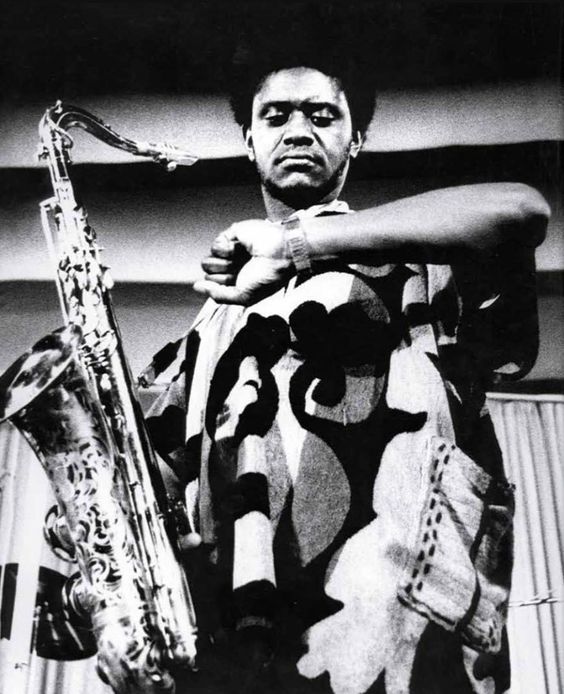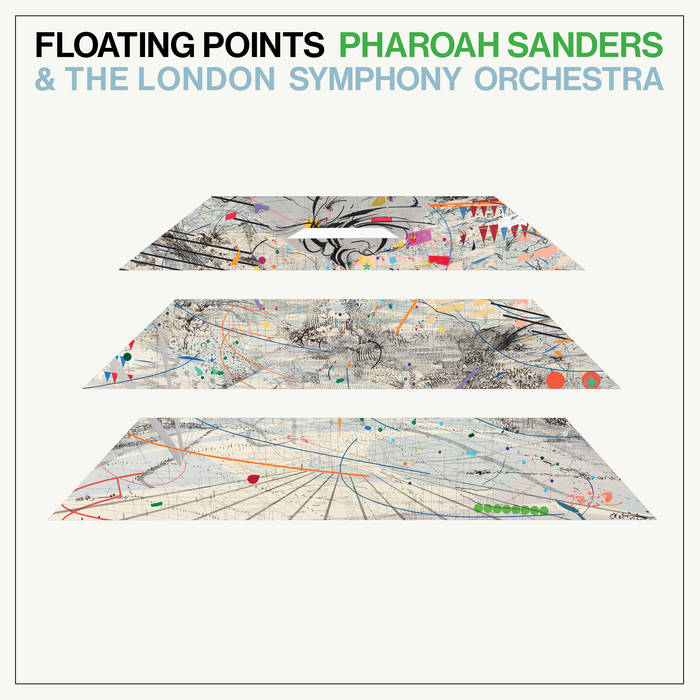Having released more than thirty albums as band leader, and plenty more collaborative albums, Pharoah Sanders was described notably by Ornette Coleman as ‘probably the best tenor player in the world’. Sanders was widely regarded for his ability to create and inspire new sounds on his saxophone, notably his overblowing technique, which consists of raising the pitch of a note without changing the fingering, and his ability to create what sounds like sheets of sounds. Whilst his technique was very much admired, it was his influence on free jazz and spiritual jazz that helped make him one of the greats.

Born in Little Rock, Arkansas in 1940, Ferrell Lee Sanders began playing the clarinet in his church band, later picking up the Saxophone in High School. He began pursuing his playing further when he moved to Oakland, where he studied art and music at a local college. Once he earned his BA, he took to the city’s clubs to play. Before long, he moved to the place to be, New York. Without a fixed abode, Sanders wandered the streets, often sleeping rough. Eventually, Sanders was picked up by none other than Sun Ra, who offered him a place to stay and suggested he take up the stage name Pharoah Sanders, which coincidently his grandmother had wanted to call him after the pharaohs in the bible.
By 1963, Sanders was playing with the likes of Don Cherry and Billy Higgins whilst also catching the attention of John Coltrane and Eric Dolphy. By 1965, he was an important member of Coltrane’s band, especially as the group gravitated towards the freer jazz of Albert Ayler, Sun Ra and Cecil Taylor. Together, they recorded Ascension and Meditations after which Sanders joined Coltrane’s final quintet.

As a result of the collaboration, Sanders became inspired by spiritual and freer sounds. His sound became rooted in meditation. When Coltrane died of liver cancer in 1967, aged 40, Sanders began to work solo. For his first album, Pharoah’s First, Sanders was paired with musicians who were not quite as developed as him and as a result, it took until the following year for him to start developing a purer sound. In 1966, he released Tauhid on Impulse! Here, Sanders began to see both commercial and spiritual success, soon after, entering a period of great success, working with the likes of Alice Coltrane, Leon Thomas, and Lonnie Liston Smith to name a few. He recorded albums such as Jewels of Thought, Izipho Zam and Thembi. This unrelenting ability to keep working and pursuing new sounds drove Sanders well into the 2000s. In 2020, Sanders recorded Promises with Floating Points and the London Symphony Orchestra. It was his first album in nearly two decades but it’s seen by many as a masterpiece.
When asked about his philosophy, Sanders replied “I was just trying to see if I could play a pretty note, a pretty sound… When I’m trying to play music, I’m telling the truth about myself.” It was with this authenticity and pursuit of something higher than his self, in which Sanders became one of the most revered players in the world. It is something that jazz musicians but also musicians more broadly have attempted to recreate ever since.








